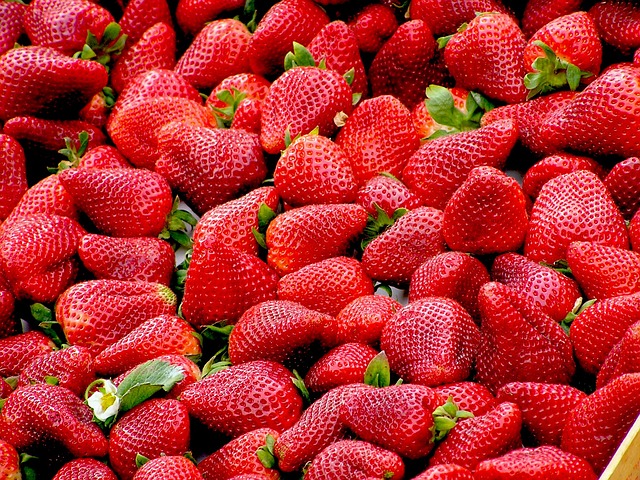Probiotics vs Prebiotics: What’s the Difference and Which One Do You Really Need?
Probiotics and prebiotics are the buzzwords in the health and wellness world. These two terms are often used interchangeably, but they are actually two different things.
What Are Probiotics?
Probiotics are live microorganisms that are beneficial for your gut. They are found in certain foods and supplements. Probiotics work by restoring the natural balance of bacteria in your gut.
Some common sources of probiotics include:
- Yogurt
- Kefir
- Sauerkraut
- Kombucha
- Kimchi
Probiotics have been shown to improve digestive health, boost the immune system, and reduce the risk of certain diseases.
What Are Prebiotics?
Prebiotics are non-digestible fibers that act as food for the good bacteria in your gut. They help to promote the growth and activity of these beneficial bacteria.
Some common sources of prebiotics include:
- Chicory root
- Dandelion greens
- Jerusalem artichoke
- Garlic
- Onions
- Leeks
- Asparagus
- Bananas
Prebiotics have been shown to improve digestive health, increase satiety, and reduce the risk of colon cancer.
What’s the Difference?
The main difference between probiotics and prebiotics is that probiotics are live microorganisms, while prebiotics are non-digestible fibers. Probiotics restore the balance of good bacteria in your gut, while prebiotics provide the food for the good bacteria to thrive.
Both probiotics and prebiotics are important for digestive health and overall wellness. If your gut is imbalanced, you may benefit from taking a probiotic supplement. If you want to support the growth of good bacteria in your gut, adding more prebiotic-rich foods to your diet is a great idea.
Which One Do You Really Need?
Both probiotics and prebiotics play a vital role in gut health. The best approach is to incorporate both into your diet.
If you’re looking to introduce probiotics into your diet, start with small amounts of fermented foods like yogurt or kefir. You can also take a probiotic supplement, but be sure to choose a high-quality product that contains strains of bacteria that are known to be beneficial.
To get more prebiotics in your diet, focus on eating a variety of fiber-rich foods like fruits, vegetables, and legumes. You can also try adding a prebiotic supplement to your routine.
Remember, everyone’s gut microbiome is unique. What works for one person may not work for another. It’s important to listen to your body and adjust your diet as needed.
The Bottom Line
Probiotics and prebiotics are both important for gut health and overall wellness. While they are different, they work together to promote a healthy digestive system.
Try incorporating more probiotic and prebiotic-rich foods into your diet to improve your gut health. Your body will thank you for it!







